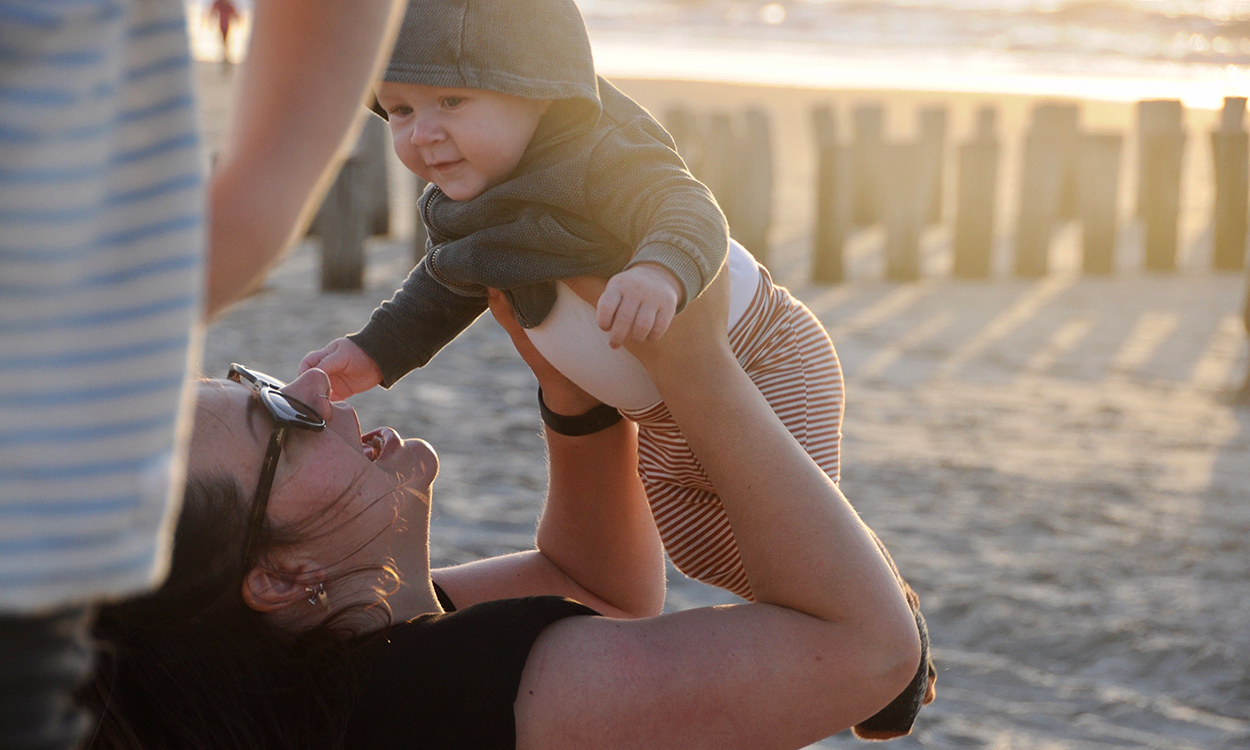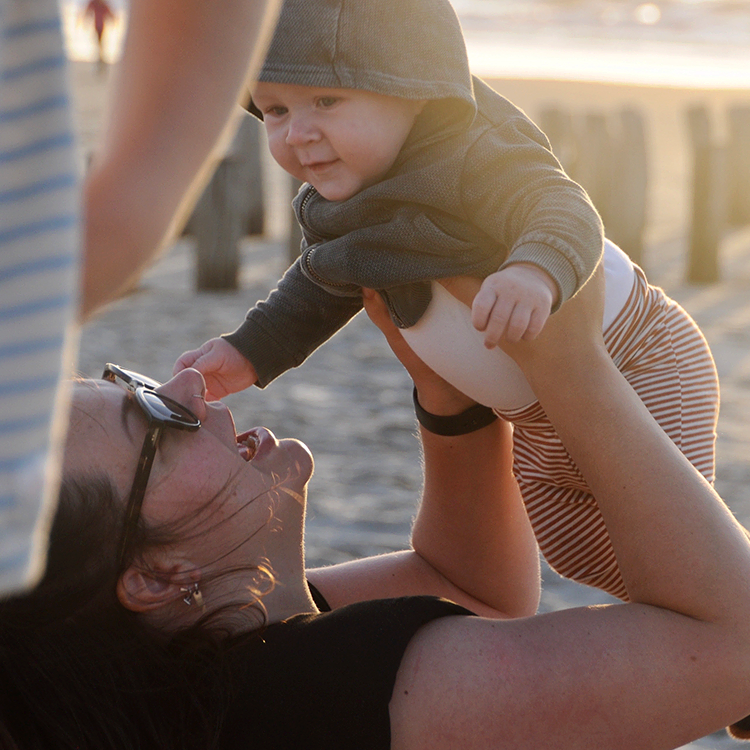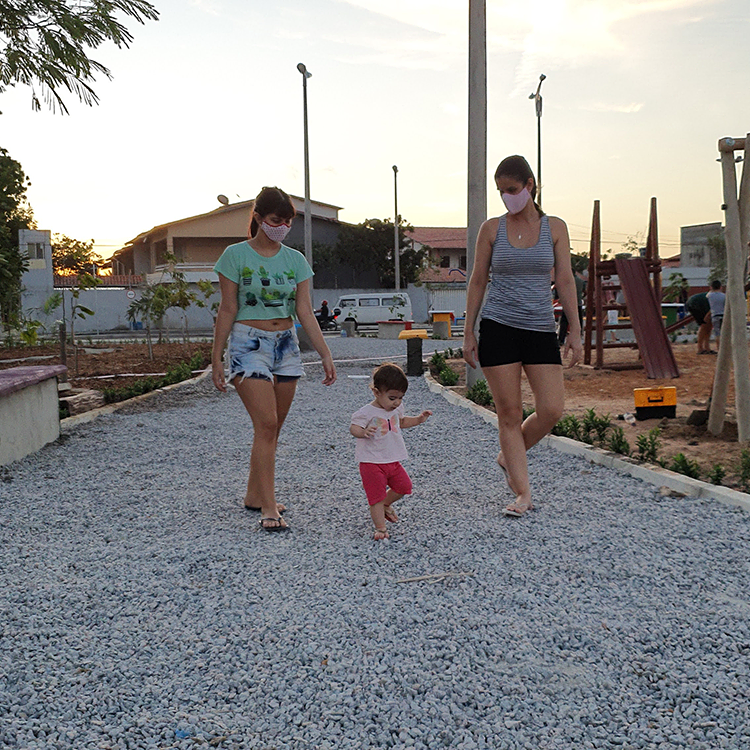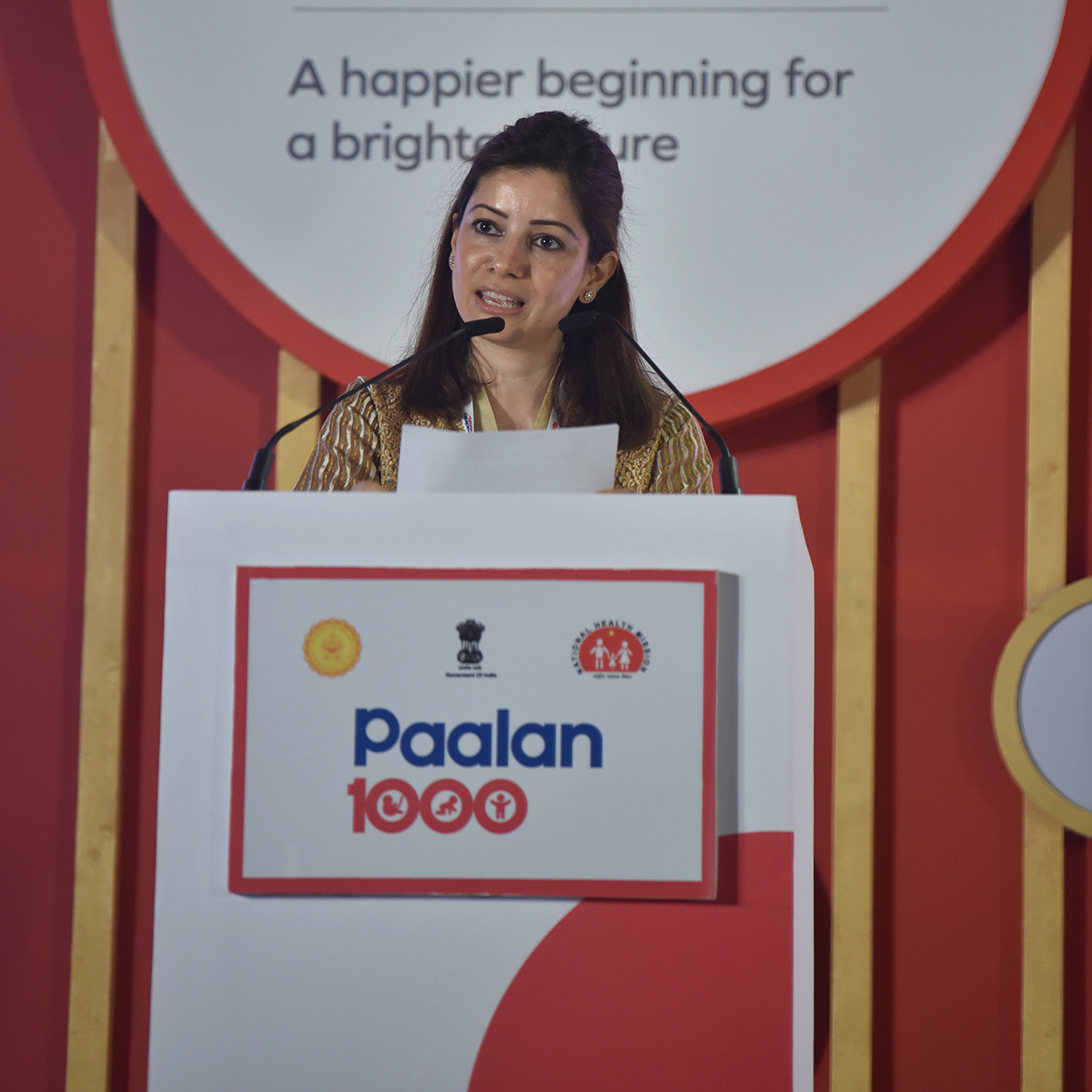Why is investing in the early years – and especially the first 1,000 days – so important? It was with great pleasure that we welcomed Professor Tessa Roseboom into our studio to share the latest scientific insights on the topic and how we can make a difference for each and every child. This learning exchange was hosted by our Netherlands Representative Leontien Peeters and includes a pre-recorded Q&A session. The full exchange can be watched here, and we share the highlights below.

The importance of the first 1,000 days and the environment you spend them in
During the first 1,000 days of life, one single cell develops into a complete human being. All your organs are formed. You bond with your caregivers. You learn to eat and drink, and much more. Growth and development during the first 1000 days are incredibly rapid. If you continued growing at this rate, you would weigh more than 1 million kilograms before entering primary school. The early years are very important in shaping how we become who we are.
Tessa explains how every living creature is shaped by the environment in which it grows and develops, especially during the critical early periods. Humans are like plants, which are shaped by the soil in which they grow: genetically identical plants growing on different soils will develop in different ways, influencing their metabolism, their behaviour and life spans. The “soil base” of children’s early years has long-term consequences for their growth, development, behaviour and chances in life. For wider society, it shapes the labour market and public health.

Figure 1. Societal costs associated with a bad start in life © Gelijk Goed Beginnen, Tijdstroom - Visuallogic 2022
A study in New Zealand shows that 80% of societal costs (social, medical, police and justice) are incurred by 20% of the population, most of whom got off to a bad start in life – for example, growing up in poverty or with a single parent who has mental health issues (Richmond, Rakerd at al, Nature, 2020). Similar results have been found in Denmark and the Netherlands, where 17% of the population are responsible for 80% of health insurance claims.
Tessa Roseboom explains in this 8-minute part of the learning exchange:
The smartest investment: Creating a climate for children to develop to their full potential
We know that investing in the early years is sensible not only from a humanitarian perspective, but also from an economic perspective: studies show that investments in human development have the biggest rate of return if they occur early in life (see figure 2). Combined with the fundamental rights of children to safety, food and stimulation, these studies make a strong case for early years investments to lay the foundations of a healthy, fair and just society.

Figure 2. Heckman Curve of return to human capital investment, as referred to by Tessa Roseboom © Heckman 2006
The building blocks of children’s development include a healthy pregnancy, the right type and amount of food, clean air, attention from caregivers, language stimulation and protection from adverse childhood experiences. They boost mental and physical health and learning, and in later life lead to lower risks of unemployment, relationship problems and criminal activities. Investing in child development is a promising way to break the intergenerational cycle of poverty and abuse.
The Convention on the Rights of the Child says that parents are primarily responsible for raising children, but governments have the obligation to support parents in their role. Research from Gezonde Generatie shows that 91% of parents find parenting a challenging task, but 67% do not want to burden others by asking for help even when they need it. The resulting high stress levels can put pressure on their parenting skills. Social support can make all the difference.
Parents are primarily responsible for raising their children.
Governments should support and inform parents to the best of their ability.
– Article 18, Convention on the Rights of the Child
We need to transform society to focus more on prevention than treatment, and be proactive instead of reactive. In the Netherlands, only a small amount of government spending currently goes to prevention, while a lot goes to treatment-based care. This needs to change. We need a more family-friendly society, and everyone can make a contribution. Replacing “I” with “we” turns illness into wellness.
Tessa Roseboom explains in this 20-minute part of the Learning Exchange:
Read more about what you can do
Tessa Roseboom recently launched her new book Gelijk Goed Beginnen (Off to a good start), in which she explains in more detail how everyone has a role to play in contributing to a good start in life for all children, including parents, national and local governments, businesses, health care providers, the education sector, day care, volunteer organisations and many others. Each and every individual can play a part, and sharing insights and inspiration can multiply the effect.
As Desmond Tutu wrote, do your little bit of good where you are – it is those little bits of good put together that will overwhelm the world.
 Tessa Roseboom is Professor of Early Development and Health and Director of the Amsterdam Reproduction and Development Research Institute at the Amsterdam UMC, University of Amsterdam (UvA-AMC). She is a Dutch scientist, teacher and advocate fascinated by the wonder of life. In the past 25 years, she has investigated how the early environment in which humans grow and develop affects later development and health throughout life. Her research has demonstrated the fundamental importance of a good start in life. In order to translate this knowledge from research into policy and practice, Tessa works on the national and international level advocating for investments in a good start in life. She strongly believes such investments will accelerate progress towards achieving the Sustainable Development Goals.
Tessa Roseboom is Professor of Early Development and Health and Director of the Amsterdam Reproduction and Development Research Institute at the Amsterdam UMC, University of Amsterdam (UvA-AMC). She is a Dutch scientist, teacher and advocate fascinated by the wonder of life. In the past 25 years, she has investigated how the early environment in which humans grow and develop affects later development and health throughout life. Her research has demonstrated the fundamental importance of a good start in life. In order to translate this knowledge from research into policy and practice, Tessa works on the national and international level advocating for investments in a good start in life. She strongly believes such investments will accelerate progress towards achieving the Sustainable Development Goals.




